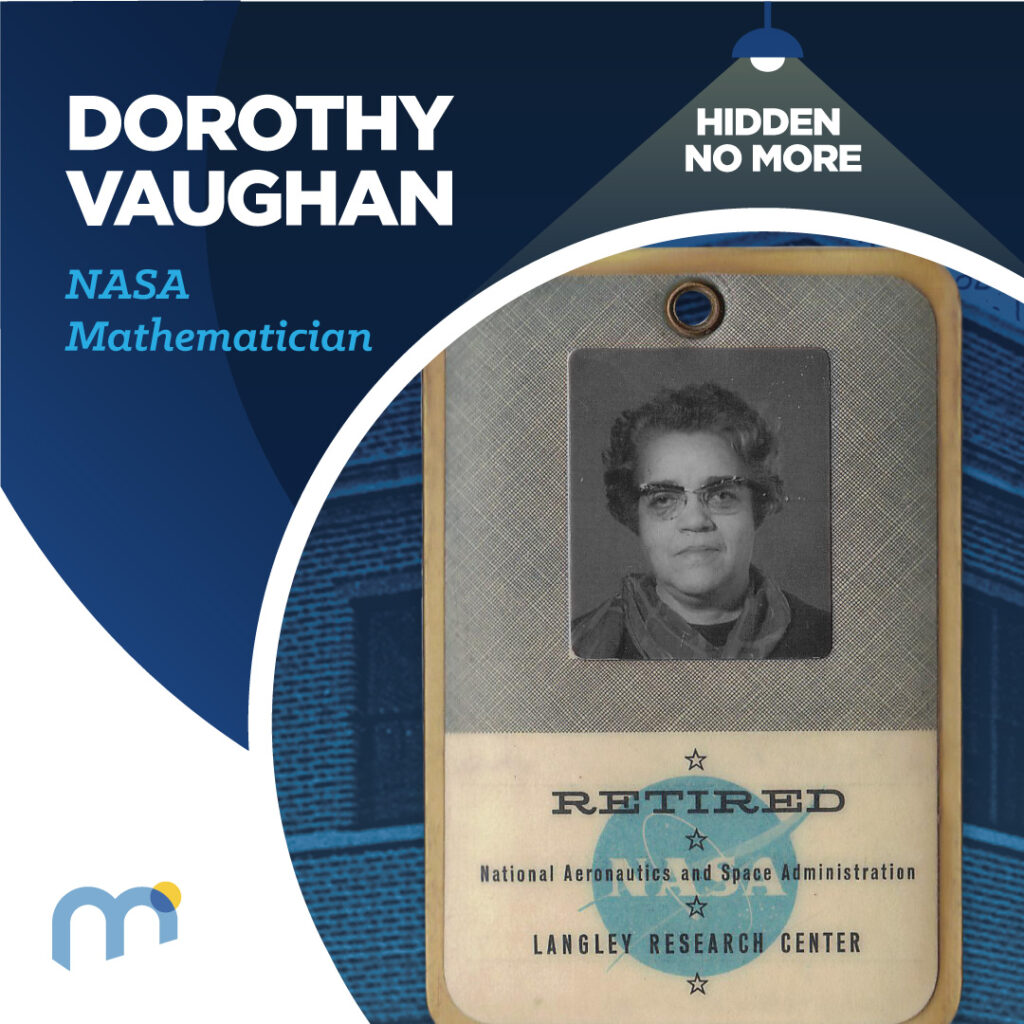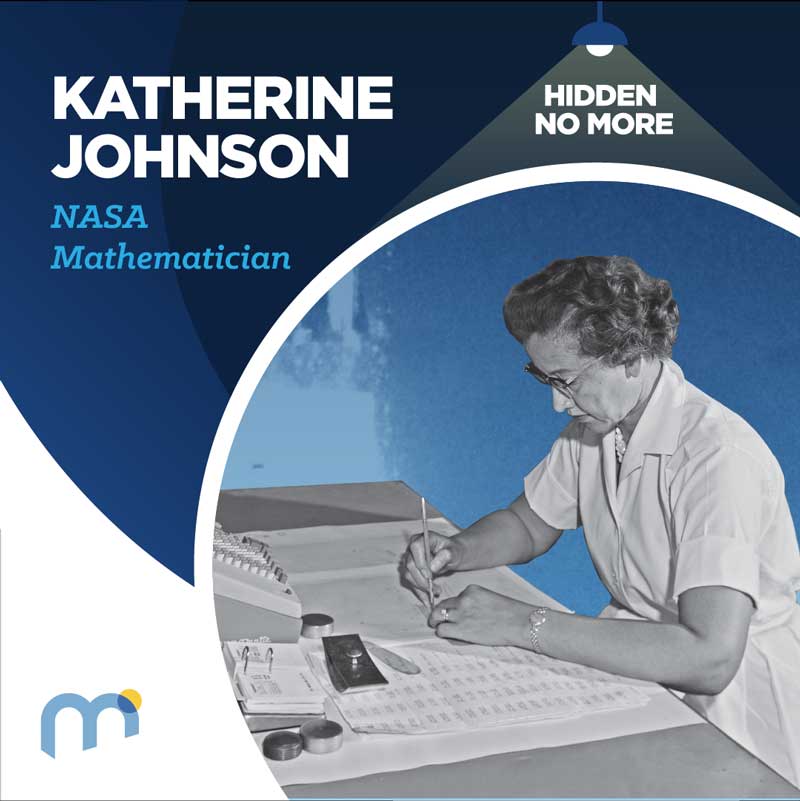Hidden No More: Week 3 round-up

William J. Powell
Powell was dedicated to involving young African American men and women in aviation, which he predicted would become a powerful industry. In Los Angeles, he established the first African American flying club and Bessie Coleman Aero, the first African American-owned airplane building company.
Ronald Cotton
June 30, 2020, marks the 25th anniversary of Ronald Cotton’s exoneration. Cotton spent 11 years in prison before DNA science proved his innocence and freed him from a sentence of life + 54 years. Cotton visited Morehead’s book club in 2013 to discuss “Picking Cotton: A Memoir of Injustice & Redemption,” the bestselling book he co-wrote with the woman whose incorrect evidence put him behind bars.


Dorothy Vaughan
African American women overcame the barriers of segregation to make important contributions to our understanding of flight. When NASA’s Langley Research Center in Virginia began employing African American women to work as mathematicians — called “computers” — the state’s Jim Crow laws required that African Americans use workrooms, cafeterias, and bathrooms to separate from those used by other employees. Until 1958, Langley’s African American “computers” were assigned to the segregated West Area Computing Section. Dorothy Vaughan was one of the first African Americans hired as a “computer” at Langley in 1943.
Eugene Jacques Bullard
Eugene Jacques Bullard became the first African American fighter pilot when he flew combat missions for the French Air Service during World War I.


Katherine Johnson
When the first American astronaut traveled into space, Johnson calculated his flight path and ensured his safe return to Earth. Johnson’s calculations were also critically important to the Apollo program, which landed men on the Moon. In 2016, NASA’s new $30 million Katherine G. Johnson Computational Research Facility was named in her honor.
